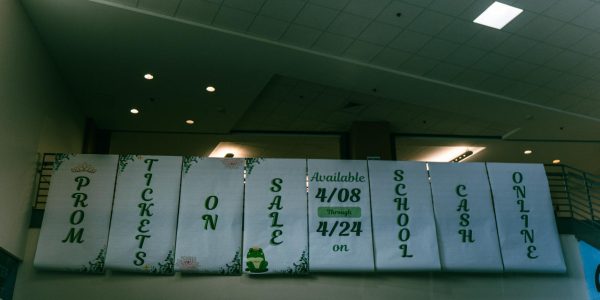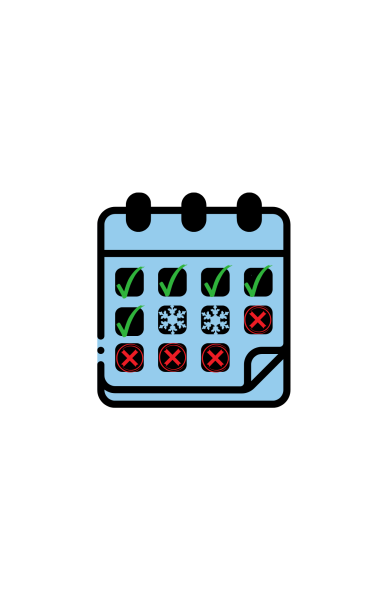Do Exams Show What You Know?
January 11th marks the end of the semester and students are scrambling to study and prepare for their class’ exams. Every exam weighs about twenty percent of the students grade, measuring what the student learned over the course of the semester. While the exams are intended to show what a student has learned many students don’t feel that this is the case.
Many students had things to say about the exams. They explained that some of these tests don’t cover broad topics from the course but rather they ask you for specific things buried within the course content which makes it difficult for them to show their true knowledge of the course material. One student said, “You can know a good general amount about a subject but the questions can be very specific and not show your knowledge.” Some proposed different styles of exams decided by the teacher to measure topics from the whole class such as essays, projects, or tests with more questions and more variety in questions.
When the question arose if all classes should have an exam at the end of the course, Kate Beard commented, “I think they should require some end of semester thing, but I don’t think they have to be exam. They should also be like projects or something if the teachers want.” In addition to this, some students said that the exams shouldn’t be weighted so heavily on the students grades. But, most of them soon came to the conclusion that weighing it more or less could hurt or help a student based on how well they did on the exam. They also shared the thought that the exams should still be a decent amount of your grade because it is necessary for the class and there should be a measurement of what you know by the end of the class, but that it shouldn’t ruin your grade if you did poorly on it. While they all had different thoughts on how the exams should be done, most students agreed that they should be allowed to do make up exams if they are not happy with their final grade. Marcus Halpin said, “Yeah [they should be able to retake it] just in case they were sick or it wasn’t their day or didn’t take their medication or something.”
While things like sleep and sickness can influence students’ scores for that day, differences in how the teachers prepare students for the exams can also have various effects. Some teachers use the method of ‘teaching to the test,’ which is informing the students what to expect on the tests. However, other teachers don’t emphasize specific areas for the students to focus on, but rather they teach more broadly and expect students to have an understanding of everything. Another thing that can affect scores across different classes is whether or not the teacher will curve the final or not. In some classes teachers will curve their tests so that students don’t do as poorly as they would have while other teachers may see the final as fair without the curve and leave the students with their lower scores.
As finals come closer students are starting to review their course material in order to pass the exam. When asked if he was going to study for the exam, Joey Giamportone said, “Yes I will study for my exams because it’s better to be prepared, learn the topics again, [and] review what you went over earlier in the semester.”







